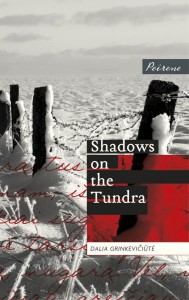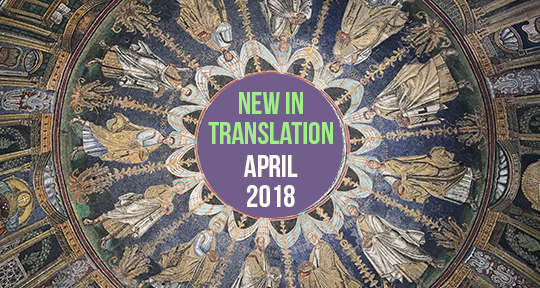“Look at the rose through world-colored glasses,” Lawrence Ferlinghetti wrote. In this spirit, Asymptote is now seeking (translated) poetry and nonfiction directly responding to global issues and worldwide cultural events for publication on our blog.
Subjects can vary widely: the ongoing Syrian refugee crisis, the Paris attacks, the work of recent prize-winning writers, anniversaries of significant cultural events, even the release of the new Star Wars film. From politics to pop culture phenomena, we are looking for new writing on the most up-to-date global events.
Like our journal, we are looking for creative, original, and highly engaging work that is translated into English, or consider how translation plays a role in these events.
The goal of this new blog series is to share responses to the most current matters from all over the world, not just its English-speaking territories, and to encourage writers of all stripes to engage with these issues and events.
***
Recent highlights from the blog include:
Alberto Chimal’s essay on Star Wars (aka La guerra de las galaxias [War of the Galaxies]) in Mexico, translated by George Henson
Allegra Rosebaum’s “Spectacle Shopping,” her analysis of Black Friday through the lens of Guy Debord’s La Société du spectacle
“Say Ayotzinapa,” a special feature in which David Huerta’s poem “Ayotzinapa,” written in response to mass kidnappings and killings in a small town in Guerrero, Mexico, was translated into 20 languages
Jennifer Croft’s “When an Author You Translate Gets Death Threats,” a comprehensive essay which detailed the intense online criticism of Polish writer Olga Tokarczuk and Nobel-winner Svetlana Alexievich’s defense of Tokarczuk
Ryan Mihaly’s “Translating Indigenous Mexican Writers: An Interview with Translator David Shook,” posted on Columbus Day/Indigenous Peoples’ Day, which discussed the controversial holiday
***
Non-fiction submissions should be no more than 1500 words. Translations into English are preferred over submissions originally in English. Send your submissions, pitches or queries to blog editors Ryan Mihaly and Patty Nash at blog@asymptotejournal.com. Send us your best, most critically engaged and creative writing on the important matters of the day. Rolling deadline.





